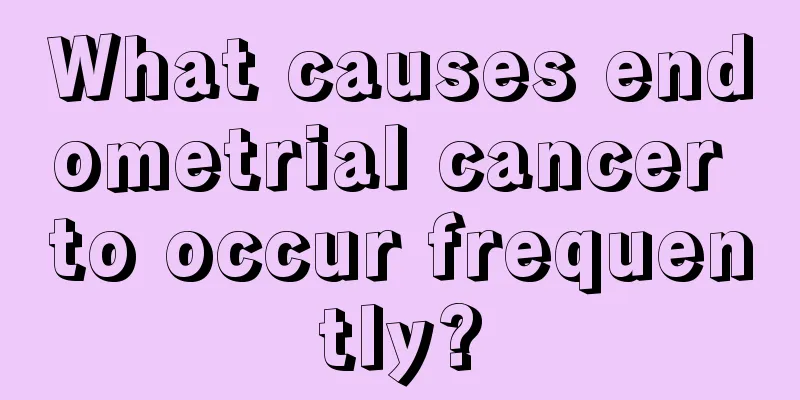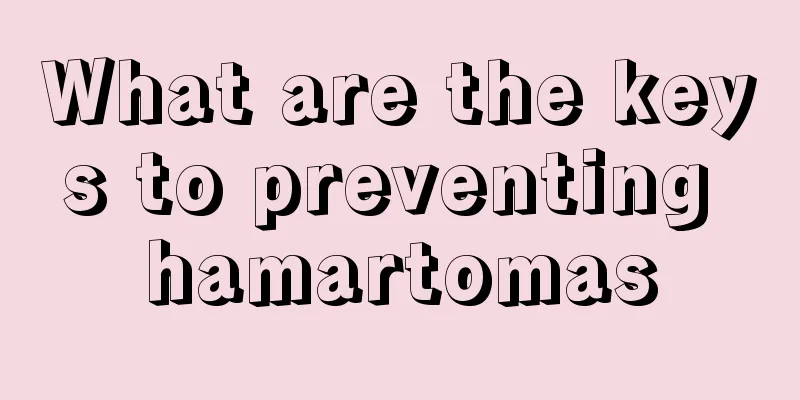There are a lot of black spots inside the persimmon

|
There are some black spots inside persimmons, which is mainly caused by artificial cultivation. It is edible even with such black spots and will not cause adverse effects on health. We know that persimmon is a kind of fruit that many people like to eat. It has a relatively high nutritional value and is rich in vitamin C. It has a good effect on regulating the body. You should also pay attention when eating it and not eat too much. Why are there black spots inside persimmons? The black spots inside persimmons are caused by artificial cultivation. The black spots in persimmons were persimmon seeds before cultivation. Then, after continuous artificial improvement, the female flowers of persimmons lost the ability to conceive and bear seeds, leaving only the seed coat of the persimmon seeds in the pulp. As a result, the persimmons appear intact on the outside, but there are black parts in the pulp, which means they are not bad. Can I eat the black spots on persimmons? Persimmons with black spots inside are edible. The black spots in persimmons are just the seed coats left over from when there are no seeds in the persimmons. Their composition is the same as other components in persimmons, so the black spots in persimmons are edible. What are the soft flakes in persimmons? The soft flakes inside the persimmon are the soft seeds of the persimmon. Some varieties of persimmons do not have black spots inside, but have soft flakes that are slightly harder than the flesh and bones of persimmons, with obvious boundaries and shapes. These are the soft seeds of persimmons. After artificial cultivation, the seeds inside no longer develop, leaving only the pulpy seed coat. Can the soft flakes in persimmons be eaten? The soft flakes inside the persimmon are edible. The soft flakes inside the persimmon are the seed coats left behind after the seeds stop developing. They are non-toxic and harmless, have the same ingredients as persimmons, and taste very good. Therefore, do not throw away the soft flakes inside the persimmon, but eat them. Precautions for eating persimmons 1. Do not eat too many persimmons. Persimmons are rich in tannic acid and are a food that can easily cause stones. Eating too much may lead to the formation of stones. 2. Do not eat persimmons on an empty stomach. If you eat persimmons on an empty stomach, stomach acid will come into direct contact with pectin and tannic acid, making it more likely to form stones. 3. Do not eat unripe or unastringent persimmons. Unripe and unastringent persimmons contain a large amount of tannic acid, which will increase the possibility of stone formation. 4. Do not eat persimmon peel when eating persimmons. The tannic acid content in persimmon peel is very high, and eating it will increase the chance of stone formation. 5. Do not eat protein-rich foods when eating persimmons. Tannic acid and protein will react to produce indigestible complexes, resulting in a waste of nutrients. 6. Persimmons are not suitable for people with diabetes or those who need to control their weight, because the carbohydrate content of persimmons is very high, which is not conducive to blood sugar control and weight control. |
<<: Can I still wear my underwear if it has black spots?
>>: There are a lot of black spots on my arms
Recommend
How to detect esophageal tumors early?
The symptoms of early esophageal tumors are not o...
Symptoms of heart valve insufficiency
The heart is an internal organ that plays an impo...
What are the symptoms of recurrent herpes simplex virus attacks
The herpes simplex virus is very easy to spread i...
For your health, don't take these five things to bed
Human sleep is the most complete, systematic and ...
What does high mucus in urine routine test mean
Many people do not understand what high mucus thr...
How to make pickled mango
Mango is a tropical fruit. Most of the time, peop...
What types of bile duct cancer are divided into
In life, we must be careful to prevent the occurr...
Is lung cancer contagious? Introducing common knowledge about key lung cancer diseases
Many lung cancer patients, their families, and pe...
How to care for patients after bladder cancer resection
Bladder cancer is a common urinary system disease...
How to treat ovarian tumors
Patients with ovarian tumors need to undergo B-ul...
What factors affect the prognosis of melanoma
Melanoma has a high recurrence and metastasis rat...
What are the symptoms of intestinal spasm in adults
Intestinal spasm, also known as intestinal cramps...
What are the dangers of hepatocellular carcinoma
What are the hazards of hepatocellular carcinoma?...
What are the symptoms of advanced bladder cancer? Four symptoms of advanced bladder cancer endanger life and health
Bladder cancer refers to a malignant tumor that o...
What are the symptoms of advanced kidney cancer
The symptoms of kidney cancer in the late stages ...









